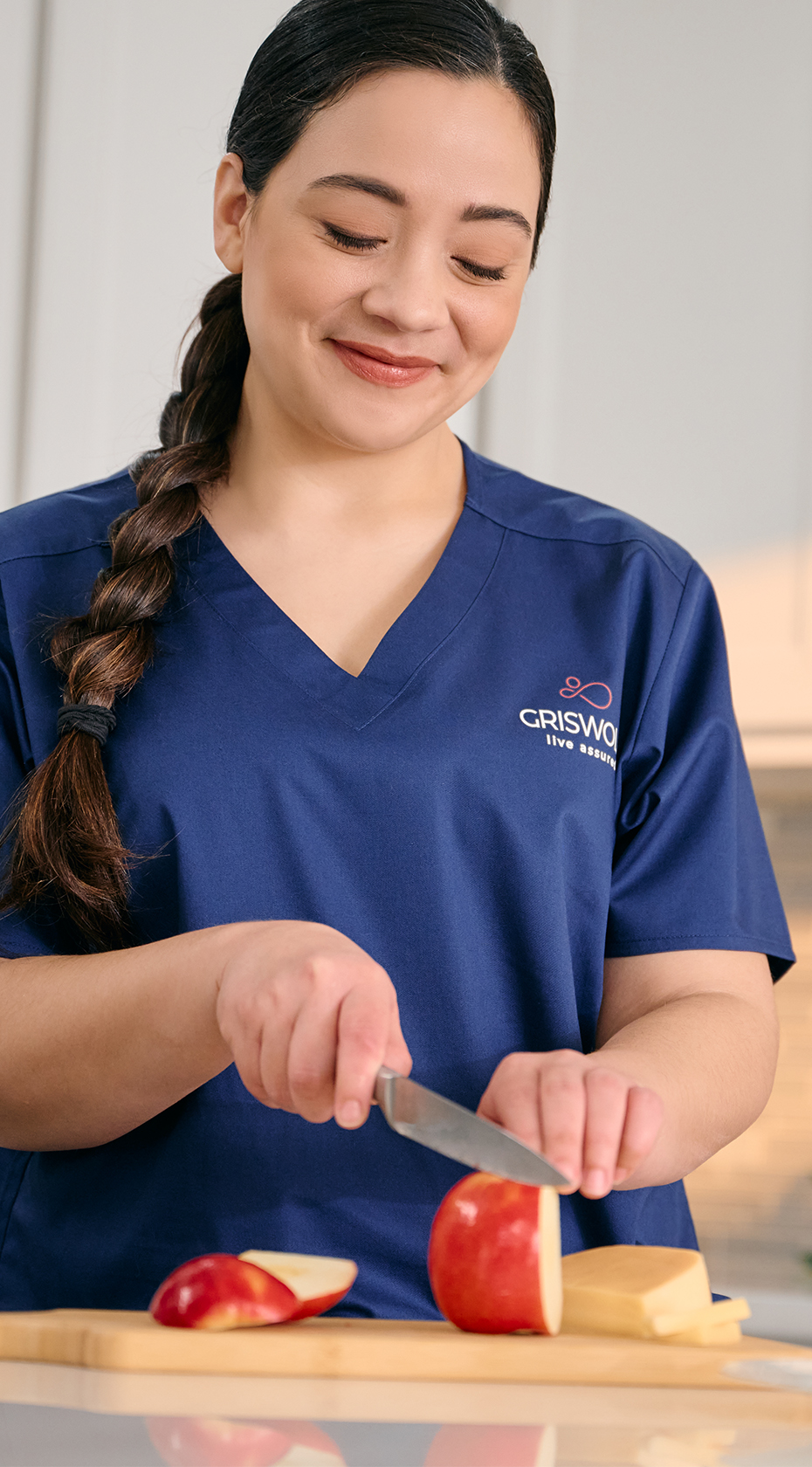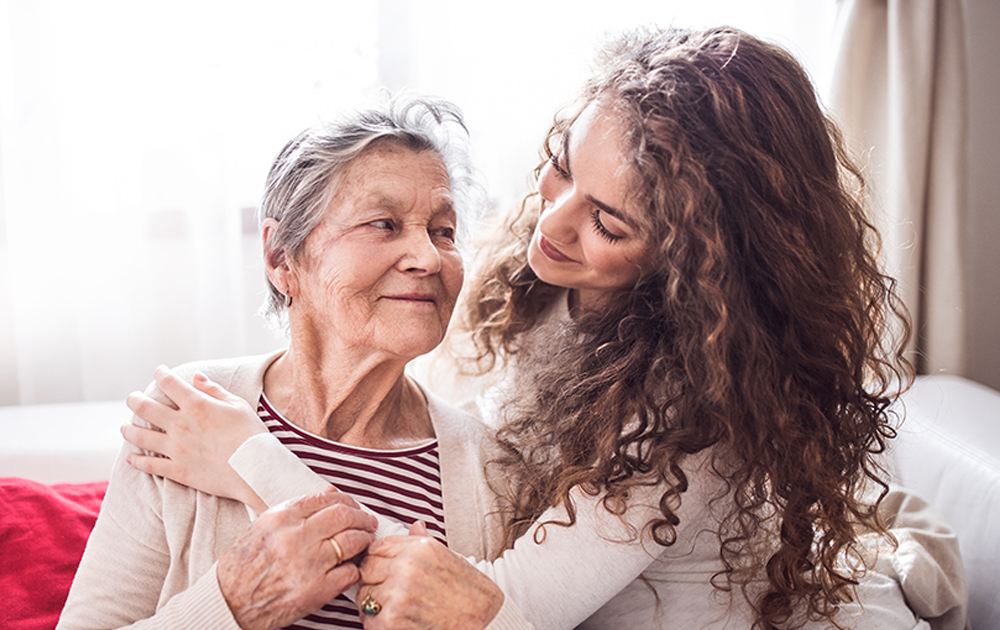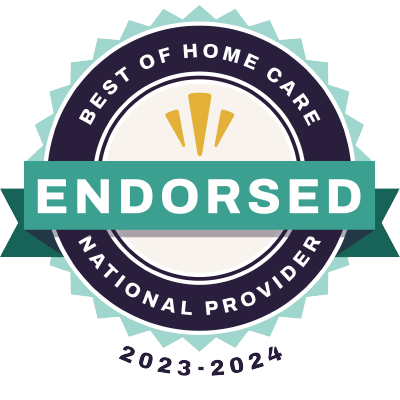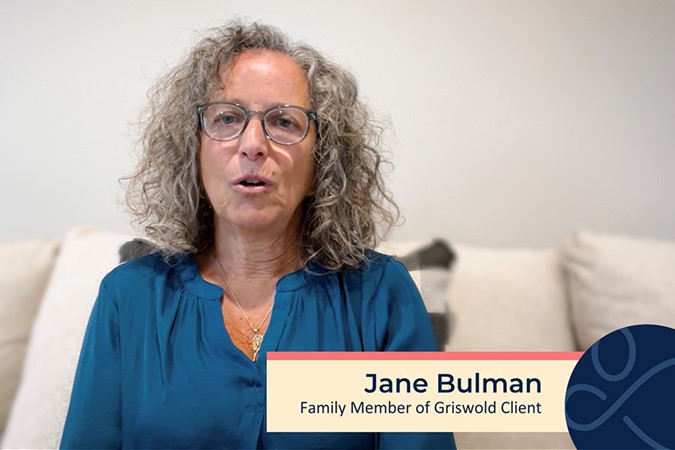
Why Griswold?
Griswold is an award-winning pioneer in the home care industry, with over four decades of experience and a storied legacy of compassion and integrity. We believe Care Professionals are the foundation of our success, and people deserve to live where they love as they age. Our commitment to innovation is based on our desire to improve the lives of everyone we touch, right here in our own community.

At Griswold, Care is Personal
Our work is about people, and we support the unique needs of clients with respect, empathy, and dedicated attention. We focus on personal care, homemaking, companionship, and support for those with chronic conditions, illnesses, or injuries.
Gentle, hands-on support for essential tasks like bathing, grooming, dressing, and more.
A friend to engage with for activities, hobbies, errands, conversation, outings, and more.
Helpful hands for light housekeeping, laundry, grocery shopping, meal prep, and more.

We're Here for You
Our loved ones deserve to be independent and comfortable in their own home. Griswold Home Care for Tulsa is here for you and your family to make in-home care easy and worry-free. Our Tulsa caregivers are carefully screened and highly trained to deliver top quality in-home care to help you care for your loved ones. Whether you are seeking care for an individual living with a physical or mental limitation stemming from injury, disabilities, or the effect of aging, Griswold Home Care for Tulsa has a solution for you.
We are backed by a national brand that has over 40 years of experience in providing the highest quality in-home care.

Bixby, Broken Arrow, Catoosa, Claremore, Collinsville, Glenpool, Inola, Jenks, Kiefer, Owasso, Sand Springs, Sapulpa, Sperry, Tulsa, and the surrounding areas





Supporting Caregivers Everywhere
The Jean Griswold Foundation provides scholarships for Care Professionals who wish to further their education in care-related fields. Our communities need Caregivers, and we're committed to supporting their dreams.






